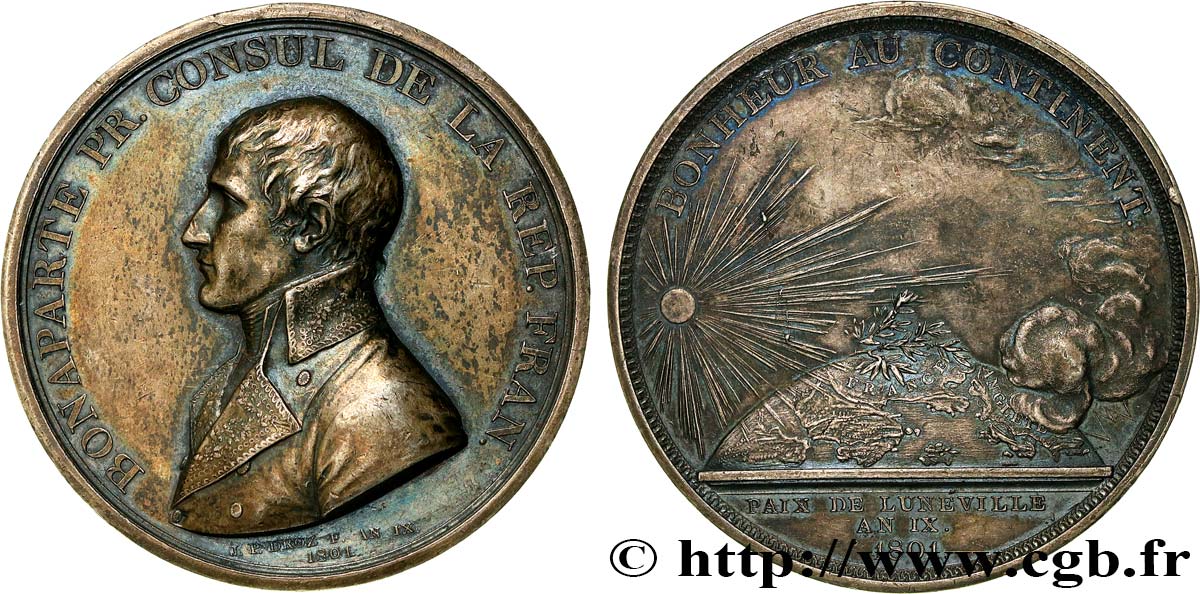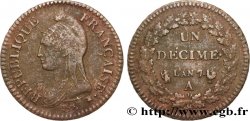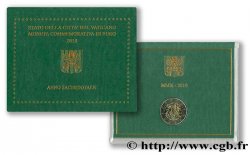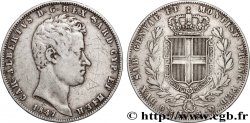fme_644023 - FRANZOSISCHES KONSULAT Médaille, paix de Lunéville, refrappe
300.00 €
Menge
In den Warenkorb

Type : Médaille, paix de Lunéville, refrappe
Datum: An 9 (1800-1801)
Name der Münzstätte / Stadt : Paris
Metall : Silber
Durchmesser : 54,5 mm
Stempelstellung : 12 h.
Graveur DROZ Jean-Pierre (1740-1823)
Gewicht : 78,22 g.
Rand lisse + corne ARGENT
Punze : corne ARGENT
Seltenheitsgrad : R1
Kommentare zum Erhaltungszustand:
Belle patine grise hétérogène avec une légère usure sur certains reliefs. Présence de quelques coups et rayures
N° im Nachschlagewerk :
Vorderseite
Titulatur der Vorderseite BONAPARTE PR. CONSUL DE LA REP. FRAN..
Beschreibung Vorderseite Buste à gauche en redingote du Premier consul ; au-dessous J.P. DROZ F. AN IX. / 1801.
Rückseite
Titulatur der Rückseite BONHEUR AU CONTINENT ; À L’EXERGUE : PAIX DE LUNÉVILLE / AN IX. / 1801..
Beschreibung Rückseite Le soleil, à gauche, chassant des nuages du globe terrestre, notamment de l’Europe. Sur le globe FRANCE et ANGLETE, la France étant recouverte d’une branche d’olivier.
Kommentare
Au revers, la médaille fait référence à la paix de Lunéville signée le 9 février 1801 entre la France et l’Autriche. Confirmant le traité de Campo-Formio du 18 octobre 1797, l’Autriche renonce ainsi à ses prétentions aux Pays-Bas et en Italie (Toscane, Parme et Modène) et elle reconnaît à la France l’administration de la rive gauche du Rhin. Seuls la Vénétie et le Tyrol du sud restent son influence.
On the reverse, the medal refers to the Peace of Lunéville signed on February 9, 1801 between France and Austria. Confirming the Treaty of Campo-Formio of October 18, 1797, Austria thus renounced its claims to the Netherlands and Italy (Tuscany, Parma and Modena) and recognized France's administration of the left bank of the Rhine. Only Veneto and South Tyrol remained under its influence.
On the reverse, the medal refers to the Peace of Lunéville signed on February 9, 1801 between France and Austria. Confirming the Treaty of Campo-Formio of October 18, 1797, Austria thus renounced its claims to the Netherlands and Italy (Tuscany, Parma and Modena) and recognized France's administration of the left bank of the Rhine. Only Veneto and South Tyrol remained under its influence.








 Berichten über einen Fehler
Berichten über einen Fehler Die Seite drucken
Die Seite drucken Teilen meiner Auswahl
Teilen meiner Auswahl Stellen Sie eine Frage
Stellen Sie eine Frage Einlieferung/Verkauf
Einlieferung/Verkauf
 Details
Details












